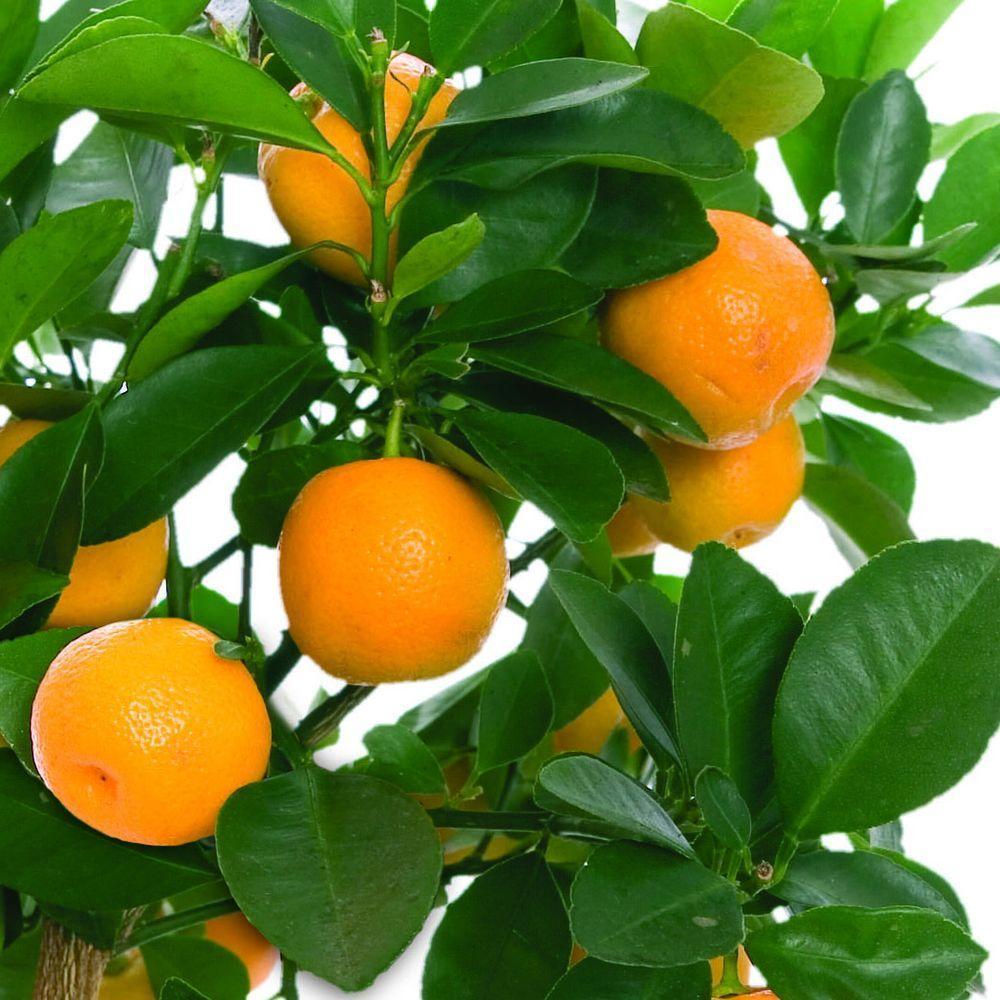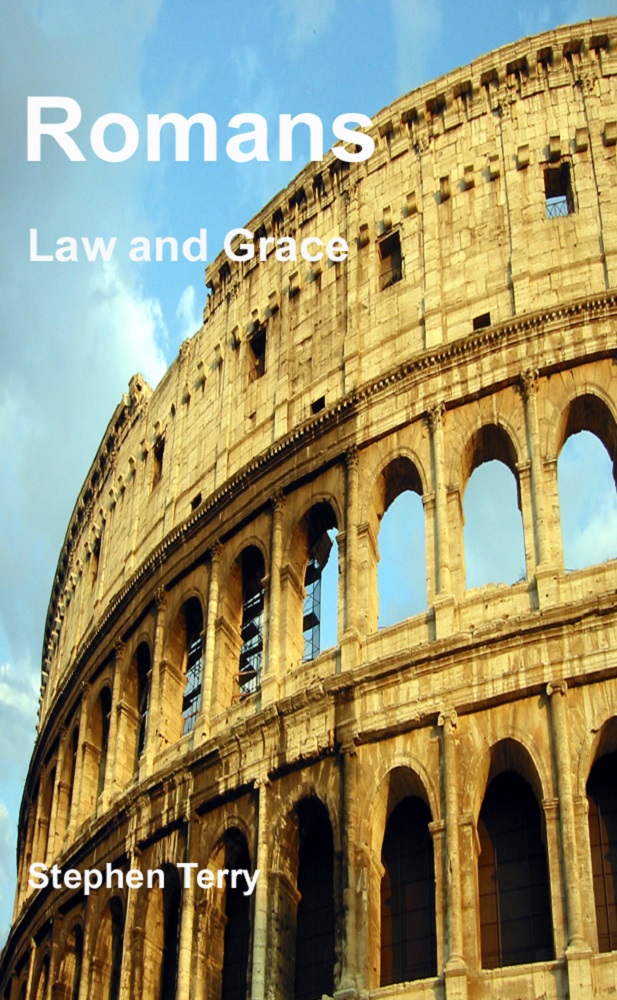
Stephen
Terry, Director

Unlimited Possibilities
Commentary
for the August 8, 2020 Sabbath School Lesson
 "But to each one of us grace has
been given as Christ apportioned it. This is why it says:
"But to each one of us grace has
been given as Christ apportioned it. This is why it says:
'When he ascended on high,
' he took many
captives
and gave gifts to
his people.'"
Ephesians 4:7-8, NIV
Years ago, a family member from a
previous generation, where poverty was more marked due to a world-wide economic
collapse, told me that as a child, he looked forward to Christmas each year
when he could expect a single orange. With that fruit being so ubiquitous now
in all seasons, it is hard to imagine an orange being so rare and precious one
could only expect one once a year. Now we quibble over which type of orange is
best and whether it has seeds. He was simply thankful for the sweet taste of
any orange in his mouth. It was such a rare commodity that even the peel, which
we usually discard today, was often saved for inclusion in holiday recipes. The
fruit was not just fruit. It was a gift, blessed with the love of the giver.
Wrapped by the Creator in its own colorful package, kissed by the sun, made
plump by the rain and carried many miles from Florida or California on its own
journey of the Magi seeking out a child to bless with its golden offering.
When we consider the gifts God has given us, we can
tend to lose sight of the preciousness and the rarity of such gifts. Like those
who quibble about oranges, we quibble about whether something from God is a
gift or a fruit. We may overlook that both proceed from God, both are wrapped
in love, and both do not come because of our merit, but rather they proceed
from the Creator's compassion and love for his creation. To further our
appreciation of such gifts, let us examine three lists of them from the Bible.
But you say there are only two, the gifts of the Spirit and the fruits of the
Spirit. No, there are three lists and
perhaps more if we carefully search for them. The first two we all know, but
the third may open a new perspective, not only on what God provides, but the
nature of his character and our call to emulate him.
First let us look at the fruits of the Spirit.
Paul, in his letter to the Galatian church, lists these as "love, joy, peace,
forbearance, kindness, goodness, faithfulness, gentleness and self-control."[i]
This might seem antithetical to those who have been inculcated to believe that
God is a mighty thunderer, eager to bring the wicked to ruin if they are not
instantly obedient. However, that view may reflect our own character rather
than his. We tend to be quick to take offense and our hackles rise toward those
who do not recognize the offense they have caused. With that as our nature, we
see little reason God should not be the same and perhaps even more so. After
all, weren't we created in God's image?[ii]
But Paul's list challenges that assumption. How often do we attribute love as
the motivation for others' actions as a default? With everyone's daily dose of
mass media news, it can cause us to see the motivation of others as continually
evil, and our hearts may become darkened toward them. Maybe the evil we see in
them is simply a projection of that darkness rising in our own hearts. But we
do not want to believe ourselves evil. Is it reasonable to believe that others
may not want that for themselves either? It is notable that each item in Paul's
list follows one upon another. If we have love toward our neighbor, joy will
displace fear. We can live at peace and forbearance toward their mistakes and
that can give rise to their forbearance toward ours. This is an atmosphere
where kindness and the sharing of good things can grow. Neighbors can be
faithful to one another in a neighborhood knit together with trust. The
neighborhood can become a gentle place that nurtures children and families. It
is possible for each of us, and those around us as well, to move from fear to
self-control, recognizing that too often the evils we fear are simply mistakes
in judgment similar to our own mistakes, and those can be opportunities for
growth as each navigates the fruits of the Spirit into a more positive world,
reflecting the Creator more than our fears.
The second list is one of gifts. The fruits are the
fertile ground that can promote the growth of gifts. Paul lists the gifts in
his first letter to the church at Corinth as wisdom, knowledge, faith, healing,
miracles, prophecy, discernment of spirits, speaking in other languages, and
interpreting other languages.[iii]
In this list, Paul has sought to represent the various gifts by order of
importance, placing languages and their interpretation at the end. The gift of
wisdom allows us to seek complete knowledge relating to any given situation,
exercising faith that with adequate knowledge, no situation is beyond healing
and that miracles can speak into every situation. The light of prophecy guides
us into the future helping us to walk in the light of Christ.[iv]
Walking in that light will open doors to take us to places and people we may
have never known and enable our ministry there in ways both profound and even
miraculous. This can all be possible based on the "fruit" foundation of Paul's
Galatian epistle. As the orange grows on the tree, it changes from something
bitter that we might spit from our mouth into an orb of sweet juiciness we
might eagerly consume. In the same way, the child of God becomes more palatable
to all over time as the fruits grow and ripen and produce the gifts that are
given, not so much to bless us, but to bless others through us. In the
application of those gifts we also bring forth the fruits in others, who in
turn are enabled to do the same for others.
The third list is perhaps the most important of the
three, because it comes not from Paul, but from the lips of Christ. That list
is found in Matthew, chapter 5 and is Christ's first sermon of his official ministry
in that gospel.[v] The first gift is the
ability to recognize our spiritual poverty, a precursor to humility. Perhaps
this is listed first because it is our most egregious lack when we come to
Christ. Second is the need for mourning in sorrow for what our selfishness has
cost the world and us personally. Third is a meek recognition of how little we
really control in this world. Like a wisp of smoke, we are soon gone. As
Shakespeare's Macbeth declaimed, "Life's but a walking shadow; a poor player, that
struts and frets his hour upon the stage, and then is heard no more: it is a
tale told by an idiot, full of sound and fury, signifying nothing." Once we
recognize our impotence, God can then speak into our lives with power,
compassion, and healing. We will then crave the righteousness of God to fill
the vacancy left by our abandoned self-righteousness. It will be bread and
water to our hungering, thirsting hearts. The merciful satiety that we receive
in response to that desire gives rise to our own merciful treatment of others
as we recognize in them the same hunger and thirst. As God's mercy washes
through us to others, it cleanses us and leaves a growing purity in place of
the selfish refuse that cluttered our lives before. Where murky waters lay stagnant,
a crystal-clear fountain now bubbles forth.
We have discovered that, far from being the
domineering, oppressive bully he is often portrayed to be, God desires above
all things the joy that his Creation can experience with harmony and the
ensuing peace such harmony brings. That kind of harmony can only be achieved if
we set aside our selfishness and replace it with service founded in love and
compassion toward others. This requires empathy for their struggles in
overcoming in their lives the same hoary monsters that beset us. The Christian
life is a paradox. Just as Christ gave life to those wandering in darkness only
by losing it, we can only defeat those monsters by wielding the weapons of
peace forged in the foundry where the fruits in Paul's letter to the Galatians
were forged. When we do that, we may stand out from the world as the sons and
daughters of God. It may become clear we do not belong to this world, and the
world will reject us as it rejected Christ. If that is not our experience, we
may have turned from the path or we may simply not be far enough along for the
world to see us as we are. The mere existence of the Christian challenges the
world with the possibility of something better and more lasting than anything
this world can offer. For everything we might obtain here begins to decay from
the very moment we reach out to grasp it, and like us, it is destined to
eventually become dust. But unlike those things, we have a better hope if we
can loosen our grasp on things and take hold of the hand of one who walked that
better path two thousand years ago.
